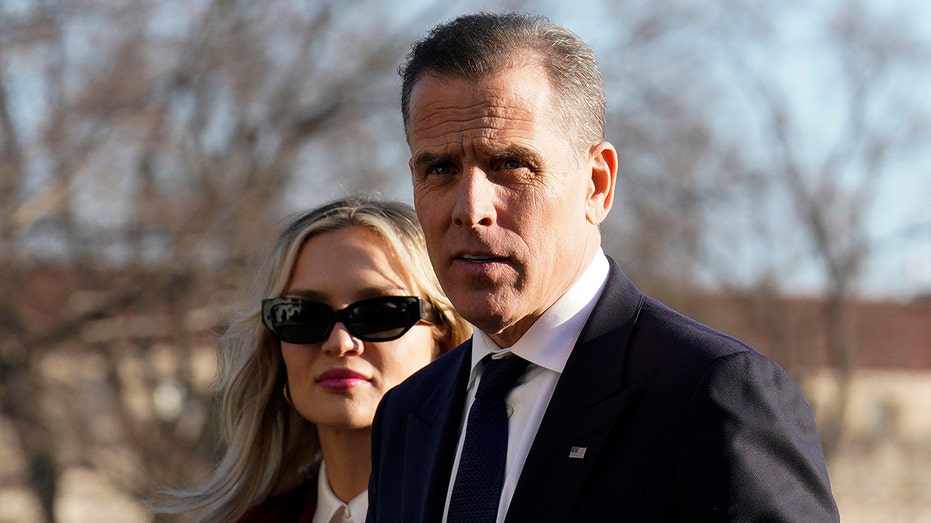President Donald Trump’s continued defiance of a federal court order, upheld by the Supreme Court, to “facilitate” the return of Kilmar Abrego Garcia raises anew the meaning of the Framers’ conception of “judicial finality.” Did delegates to the Constitutional Convention vest federal courts with the power of judicial review to say what the law is, only to contradict that historic authority by subscribing to a theory that Congress and the president may defy judicial rulings? By what manner of “Alice in Wonderland” logic may judicial finality be set at naught by the president, resulting in an interminable constitutional tug-of-war that vitiates the premise and promise of the rule of law? The Framers of the Constitution, we may safely say, spared the embryonic republic from such a calamity. As Alexander Hamilton wrote in Federalist No.
78, the courts were intended to serve as the “bulwarks of a limited Constitution” against governmental encroachments, which posits that Congress and the president are bound by adjudication. He labeled as “absurd” the assertion that judicial interpretation of the Constitution could be revised by the political departments. In 1788, speaking to colleagues in the Virginia Ratifying Convention, John Marshall, soon to become Chief Justice Marshall, did not ask, “To what quarter will you look for protection from an infringement of the Constitution, if you will not give the power to the judiciary?”, and James Wilson, a leading architect of the Constitution, did not proclaim the judiciary, in his seminal lectures in 1791, “a noble guard against legislative despotism,” only to secure executive and legislative reinterpretation in defiance of judicial interpretation.

At the founding, proponents and critics of judicial review acknowledged that the courts would have the “final” word on constitutional limitations. James Iredell, a member of the first Supreme Court, stated that, “if the power of judging rests with the courts, their decision is final.” Shortly before delegates to the Virginia Ratifying Convention convened, R.
H. Lee, author of “Letters of a Federal Farmer,” declared: “It is proper that the federal judiciary should have the power of deciding finally on the laws of the nation.” Robert Yates, a leading critic of the proposed Constitution, complained that “the opinions of the Supreme Court would have the force of law” that would be binding and final.
Judicial authority to prescribe boundaries for the political departments would have been ineffective if the president and Congress were free to disregard the rulings of courts. Yates’ observation that judicial rulings have the “force of law,” one echoed throughout the Constitutional Convention and the various state conventions, carried special import for the president, who has the solemn duty under the “Take Care Clause” of Article II, to “faithfully execute the laws.” A duty to enforce the laws does not imply authority to defy the laws.
America’s constitutional history reflects suspenseful moments when doubts arose about presidential compliance with judicial decisions that would undermine assertions of executive authority but, in each instance, concerns were allayed when the president obeyed the rulings. In 1974, amid the Watergate scandal, President Richard Nixon complied with the Supreme Court’s order to surrender the Watergate Tapes, with full knowledge that compliance would doom his presidency. In 1952, the Supreme Court, in the Steel Seizure Case, ruled against President Harry Truman’s assertion of authority, in the face of a nationwide steel strike, to seize the steel industry to keep it open and operating to support the Korean War and the Marshall Plan.
Truman criticized the ruling but complied, nonetheless. President Trump, like his predecessors, must comply with court orders to retrieve Garcia from the Salvadoran penal colony to which he sent him. As the Court held in Cooper v.
Aaron (1958): “The federal judiciary is supreme in the exposition of the law of the Constitution.”.
Politics

The premise of judicial finality requires presidential compliance with judicial rulings | David Adler

Opinion: President Trump, like his predecessors, must comply with court orders to retrieve Garcia from the Salvadoran penal colony, to which he sent him.















